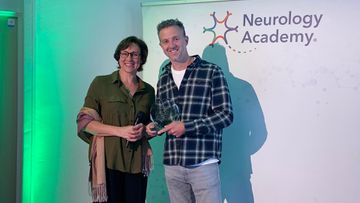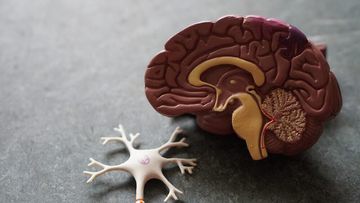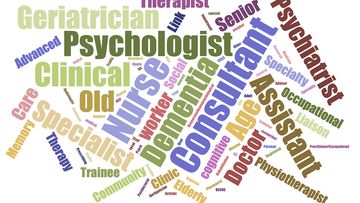Dementia Academy: Education with impact
KnowledgeOur first ever year supporting individual intermodule projects at Dementia Academy, we are particularly excited to see the work produced, the impact it has had and the learning captured by delegates across 2022-2023.
'There was a fantastic output in terms of quality and number of projects resulting from this Dementia MasterClass. Most delegates followed a really robust audit or quality improvement methodology.
Many delegates said that, without the Academy structure and support, they wouldn't have carried out this work - which demonstrates how the course can have a real impact on individuals with dementia.'
Prof Iracema Leroi, head of Faculty
Collaboration across healthcare professionals is important in any neurological condition, and for people living with dementia, there is often complex management with psychiatry, and neurology or medicine for the elderly, community and acute care all involved in some way. Many projects sought to improve, formalise, or streamline the relationships, communications or pathways between departments to better support patients. A key takeaway, then, was:
'Patient management is improved by cross-departmental working. You might:
Find out whether there are any referral pathways, proformas or other systems in place across common older people's services such as medicine for the elderly and psychiatry services like Kerri Ramsay, or frailty and cognition like Michelle McCarthy
Lead a collaborative effort to renew, update or create a shared system like Jo Russell
Initiate an agreed form of routine cross-departmental communication, such as a weekly call, shared MDT meetings, or a whiteboard, as Kerri did.'
'It's so rewarding to hear our delegates presenting the work that they have carried out as a result of their learning and to hear about the impact it's having on their patients. Learning in action; education with impact. This is what Neurology Academy is for.'
Sarah Gillett, managing director
The awareness of anticholinergic burden is growing, yet the volume of Academy projects addressing deliberate monitoring and reduction of anticholinergic medications spanning mild cognitive impairment, Parkinson's and dementia suggests this awareness has not yet translated into consistent change in practice. Several initiatives addressed this in different ways, and so another key takeaway was:
'Whether to reduce risk or preserve cognition, anticholinergic medication should be minimised wherever possible. Ways to do this include:
routine medication reviews or screening for polypharmacy in falls, frailty or memory clinics like Murudappa Bhattad and William McKeown did
use the ACB calculator to assess burden and initiate some medication changes like Henry Cabeza.'
Find out more about all of these projects in the report and online, alongside group project outputs like the national interactive dementia pathway toolkit and the brain health clinic blueprint, as well as our report on quality improvement projects in mild cognitive impairment.
Related articles
Promoting prevention, supporting management
Led by proactive clinicians determined to see improvement in the way we prevent, diagnose and manage dementias, Dementia Academy supports healthcare professionals with the latest tools, resources and courses to do just that.


